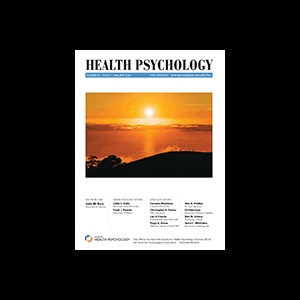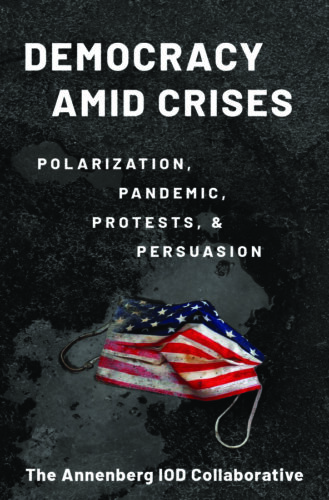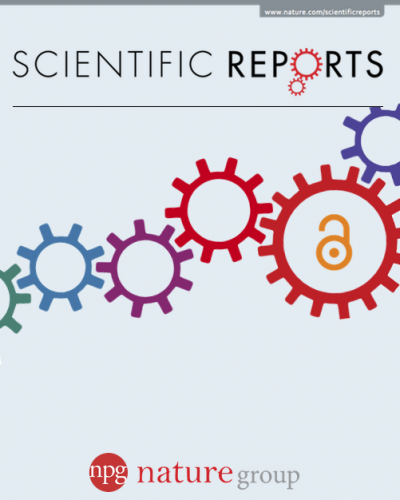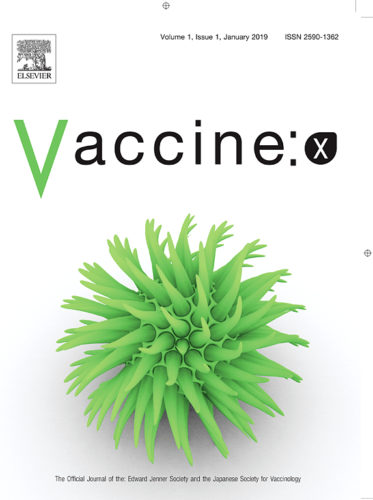In Democracy Amid Crises: Polarization, Pandemic, Protests, and Persuasion, a team of scholars assembled by APPC provide a data-rich analysis of the impact of four interlocking crises on the 2020 election and its aftermath.
Coronavirus
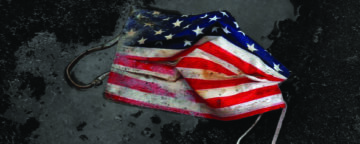

The Whoppers of ’22: FactCheck.org Reviews the Year’s Worst Political and Viral Deceptions
FactCheck.org has released its list of the Whoppers of '22, its annual review of the year's worst political and viral deceptions. Political appeals to fear were as popular as ever -- and Covid-19 misinformation continued to be a huge problem online.
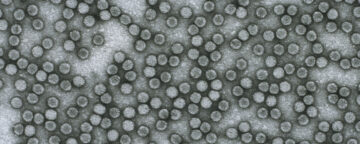
What U.S. Adults Know and Believe About Polio and the Bivalent Covid Booster
The latest Annenberg Science Knowledge (ASK) national panel survey examines public knowledge and beliefs about the poliovirus, the bivalent Covid-19 vaccine booster, monkeypox, and other matters of public health.
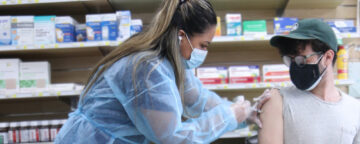
Pre-Pandemic Conspiratorial Mindset Predicted Hesitance to Accept Covid-19 Vaccine
A new panel study from APPC researchers shows that people who evinced a conspiracy mentality in 2019, prior to the pandemic, were subsequently more likely to believe Covid-19 conspiracy theories.
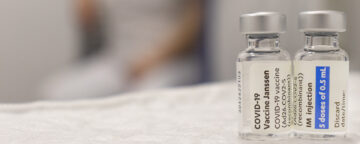
Misinformation About Vaccine Safety Drives Reluctance to Vaccinate Children
New article from APPC researchers shows misbeliefs about vaccine safety predicted hesitancy to vaccinate children ages 5 to 11, even among vaccinated U.S. adults.

Despite Awareness of Covid-19 Risks, Many Americans Say They’re Back to ‘Normal’
Many Americans know of the potential risks Covid-19, but growing numbers say they have returned to living their “normal” pre-pandemic lives, according to APPC's July 2022 survey.
